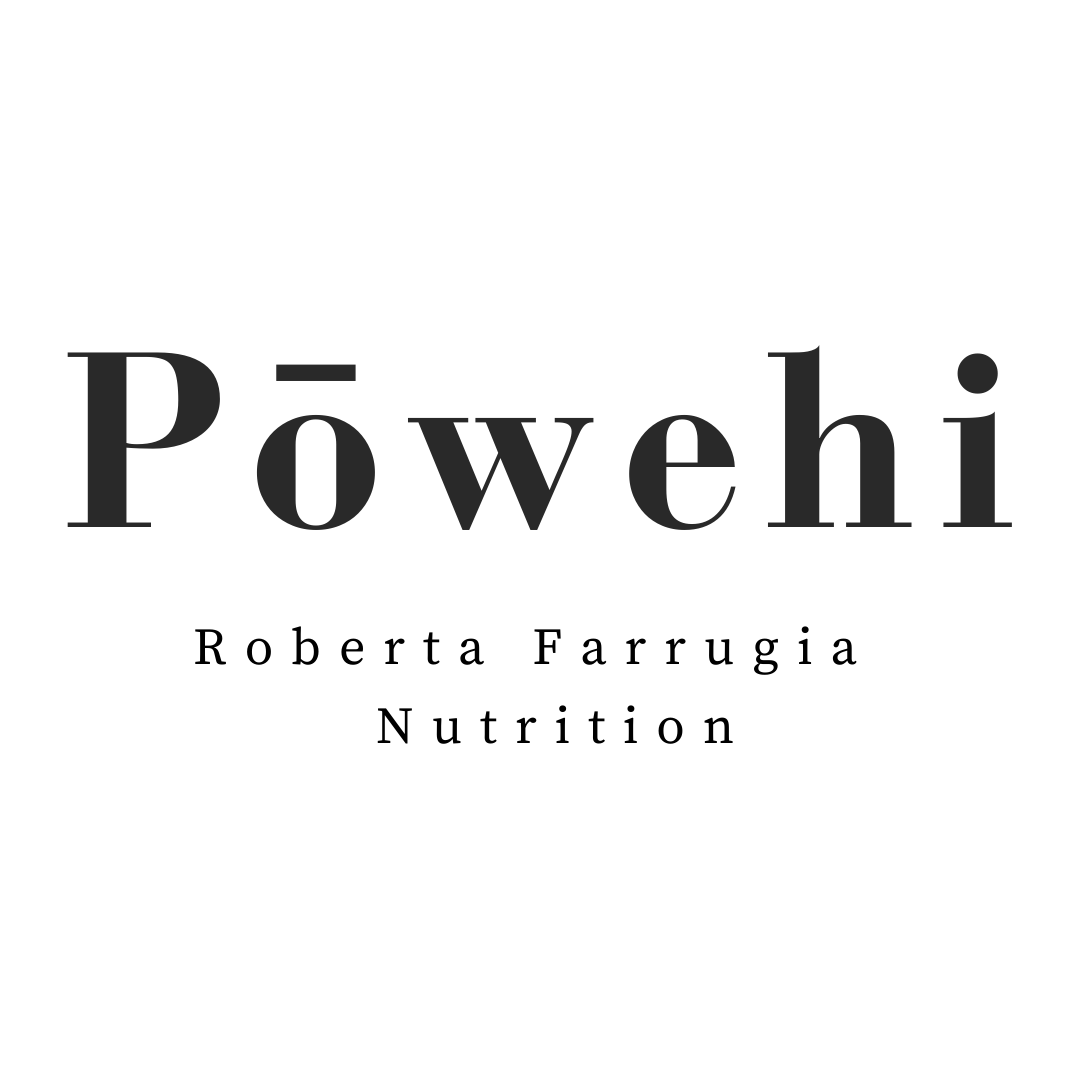Perimenopause is a natural part of every woman’s journey, but it can come with unexpected changes, especially in how you think, feel, and respond to the world. Many women feel unsettled during this time, reporting everything from mood swings and irritability to brain fog, anxiety, and a loss of motivation or confidence.
What’s happening isn’t imagined. It’s rooted in real, biological changes.
During perimenopause, the hormones oestrogen and progesterone begin to fluctuate; sometimes wildly. These hormones don’t just influence your menstrual cycle; they’re directly involved in how your brain functions. Oestrogen, in particular, plays a key role in regulating brain chemicals like serotonin and dopamine; the very messengers responsible for mood, focus, energy, and emotional balance.
So when hormone levels swing, your mental and emotional landscape often shifts with them. You might feel more sensitive, less patient, or emotionally overwhelmed by things you used to manage with ease. Many women describe a kind of inner disorientation; a sense that they don’t quite recognise themselves.
As someone who’s worked closely with women for years, helping them navigate hormonal shifts through natural, food-based strategies, I’ve seen how validating it can be to understand that these changes are not a personal failing; they are physiological. And thankfully, there are tools to help support the body through them.
Why the Right Food Makes All the Difference
Nutrition plays a central role in how your body adapts to hormonal change. It’s not just about calories or macros; it’s about giving your body the specific nutrients it needs to regulate hormones, support the brain, and stay balanced through internal transitions.
Whole foods, meaning foods that are minimally processed and as close to their natural state as possible, provide the raw materials for hormone production, detoxification, blood sugar stability, and nervous system health.
Healthy fats like those found in avocados, nuts, and seeds are critical. They help build hormones and support brain function, especially when mood feels off or concentration dips. Omega-3 fats, in particular, have been shown to reduce inflammation in the brain; something that can play a role in mood disorders and cognitive changes during perimenopause.
Fiber from vegetables, fruits, legumes, and whole grains supports digestion and helps your body eliminate excess estrogen, something that can become imbalanced during this phase. Cruciferous vegetables like broccoli and kale are especially helpful for liver detoxification, which is key for hormonal regulation.
Equally important is blood sugar balance. Hormonal ups and downs make you more sensitive to glucose spikes and crashes, which can trigger irritability, fatigue, or even panic-like symptoms. When you eat regular, balanced meals that include complex carbohydrates (like sweet potatoes or quinoa), protein, and healthy fats, you help regulate your energy and your mood.
And then there’s the gut; a key player in both hormone balance and mental health. A diverse, healthy microbiome (the ecosystem of bacteria in your gut) supports oestrogen metabolism and influences neurotransmitter production. Fermented foods like sauerkraut and kimchi can nourish the gut, while prebiotic fibers from onions, garlic, and leeks feed the beneficial bacteria.
Supporting Balance Through a Nourishing Daily Routine
Perimenopause isn’t something to “fix”; it’s a powerful transition that requires new types of support. What I’ve learned through years of helping women in this phase is that the body often knows what it needs; it just hasn’t been given the right environment to thrive.
Food is one of the most effective, sustainable tools we have. It doesn’t work like a quick fix; but over time, the results are profound. When women start eating in a way that supports their biology; nutrient-dense, consistent, and stabilizing, the brain fog starts to lift. The anxiety softens. The emotional ups and downs begin to smooth out. It becomes easier to feel like yourself again.
This doesn’t require a restrictive diet or a complete lifestyle overhaul. Often, it’s about simple but intentional changes: adding protein to your breakfast instead of skipping it, choosing a real meal over a packaged snack, bringing in more color and variety to your plate. These small shifts compound over time to support deep hormonal stability and mental clarity.
Perimenopause is not a breakdown; it’s a call inward. With the right food and care, you can move through it feeling stronger, more connected to your body, and more rooted in who you are becoming.


